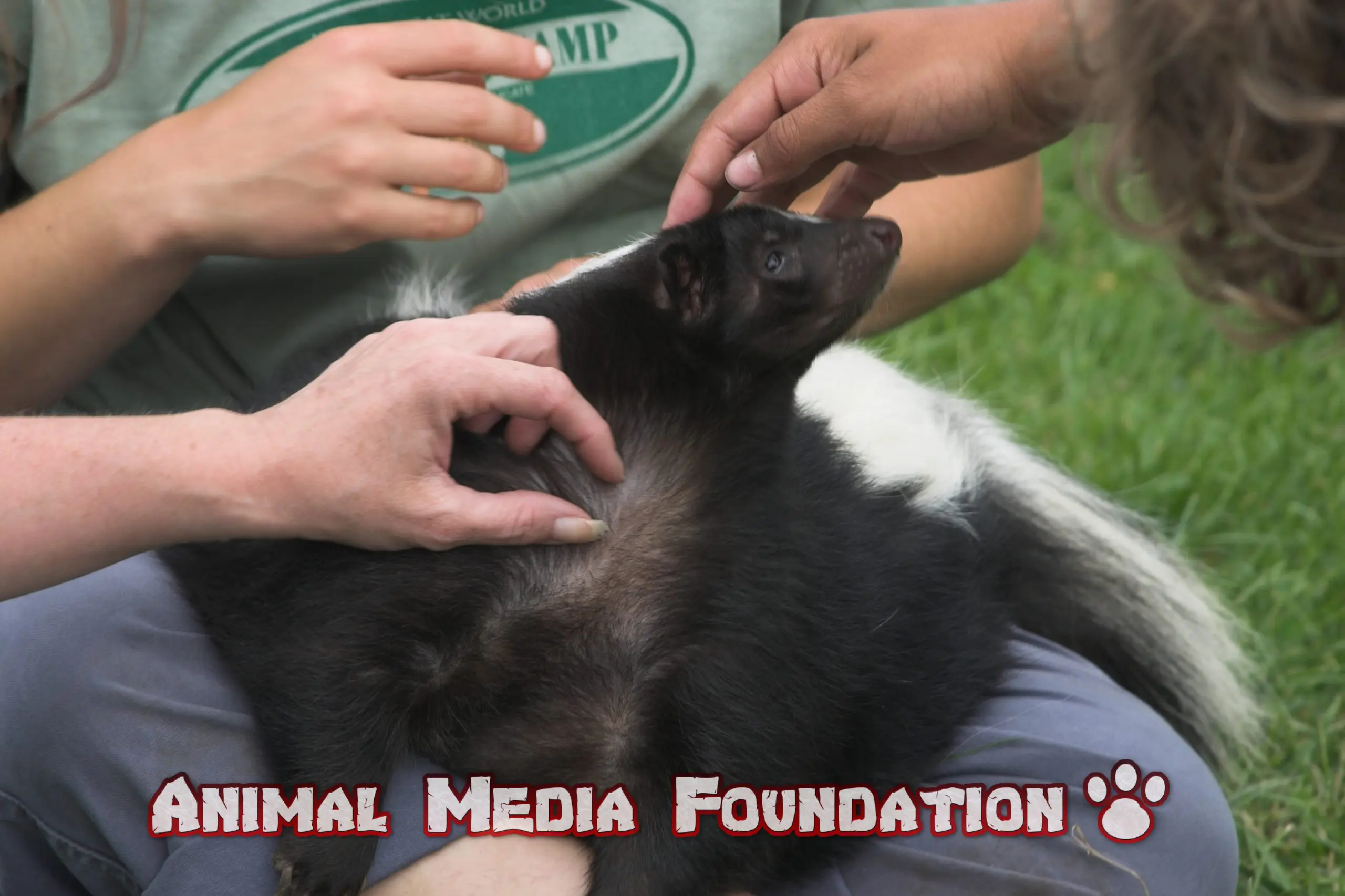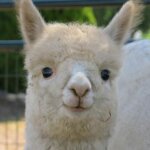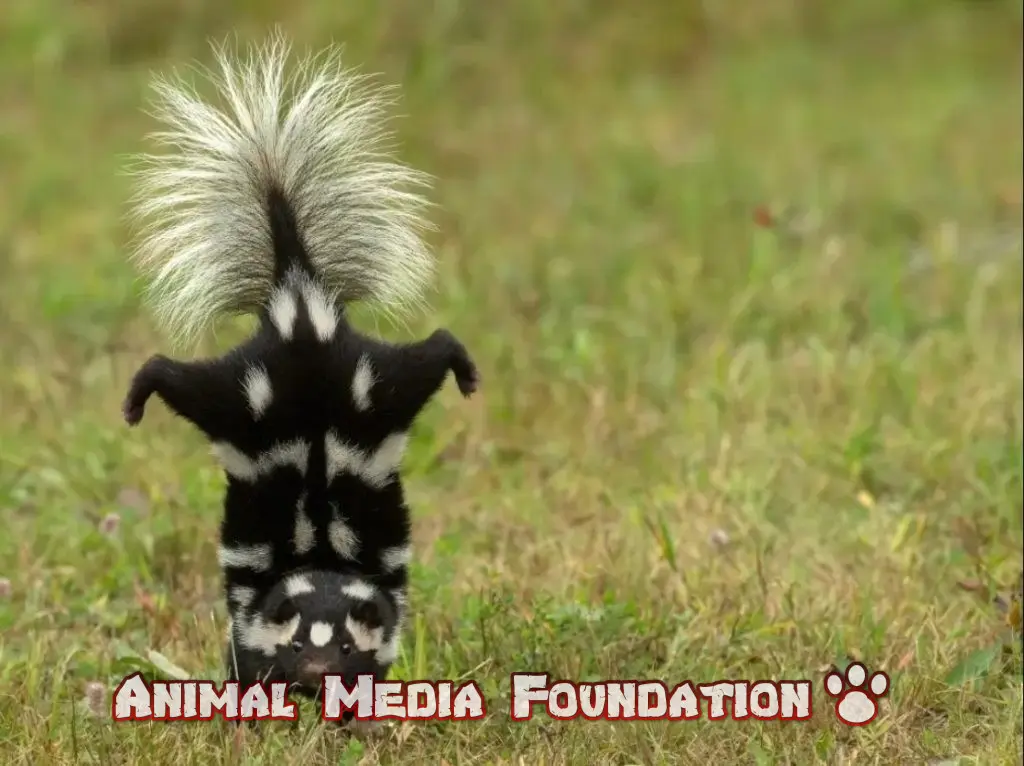Are skunks good pets?
There’s no denying that skunks have a certain charm. With their big, bushy tails and striped coats, they’re undeniably cute. And, as it turns out, they can make pretty good pets. Skunks are intelligent and can be trained to do tricks, making them entertaining companions.
They’re also relatively low-maintenance, as they don’t need to be taken for walks or fed special diets. However, there are a few things to consider before adopting a skunk as a pet. For one, they have a strong odor, so you’ll need to be prepared to deal with that. Additionally, skunks are wild animals, so they may not be the best fit for everyone. But if you’re looking for a unique pet, a skunk just might be the right choice for you.
General Skunk Information
Skunks are a type of mammal that is known for their ability to spray a foul-smelling liquid when it feels threatened. Skunks are found in North and South America and typically live in wooded areas. Although skunks are not typically considered good pets, some people do keep them as pets. Skunks can be playful and affectionate, but they can also be aggressive. They should be kept in a large enclosure and should not be allowed to roam freely around the house.
Are Skunks Good Pets?
Skunks are interesting animals that have a natural defense mechanism in the form of their well-known scent. This, along with their generally solitary nature, means that they are not typically considered good pets. However, some people do keep skunks as pets and report that they can be loving and affectionate animals.
Skunks require a lot of care and attention, and their diet is different from that of most other pets. They also need a lot of space to roam, so a skunk is not a good pet for someone who lives in an apartment or does not have a large yard.
Overall, skunks make interesting but challenging pets. They are not for everyone, but those who are willing to put in the time and effort may find that skunks can make great companions.
Skunk Diet
The skunk diet consists mostly of small rodents, such as mice and voles. They will also eat crickets, grasshoppers, and other insects. In the wild, skunks will eat fruit and nuts when they can find them. When kept as pets, skunks should be fed a diet that is similar to their natural diet. This includes fresh fruits and vegetables, as well as high-quality dry food that is specifically made for skunks.
Skunk Behavior
Skunks are generally nocturnal animals, meaning they are most active at night. During the day, they will often sleep in their dens or burrows. When night falls, skunks will come out to forage for food.
Skunks are not particularly social animals, but they will live in small groups if necessary. These groups usually consist of a mother and her offspring. Male skunks will usually live alone unless they are breeding.
Skunks are known for their notorious defense mechanism of spraying a foul-smelling liquid when they feel threatened. This liquid can cause irritation and temporary blindness, making it a very effective way to deter predators.
Despite their smelly reputation, skunks can actually make good pets. They are relatively low maintenance and are relatively easy to care for. Just be sure to provide them with a large enclosure and plenty of toys and enrichment to keep them happy and healthy.
Skunk Health
Skunks are generally healthy animals and make good pets. They are, however, susceptible to some health problems. The most common health problem in skunks is rabies. Though not all skunks carry rabies, it is still a good idea to have your pet skunk vaccinated against it. Other health problems that skunks can suffer from include distemper, mange, and ear mites. All of these health problems are easily treatable with proper medical care.
Skunk Care
No, skunks are not good pets. They are smelly, and their spray can be harmful. They are also wild animals, and not used to being around humans. If you are considering a skunk as a pet, you will need to do a lot of research to make sure you can provide the proper care.
Source: Wikipedia





